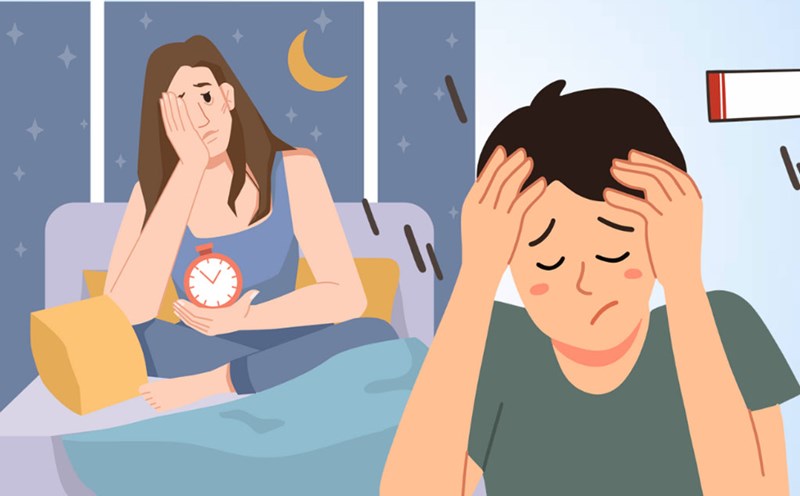Coffee helps keep you alert but can easily cause anxiety and digestive disorders if overused
Drinking too much coffee can affect your body all day and even make it difficult for you to sleep at night. From being highly alert after the first sip to frequently going to the toilet and getting sleepy in the afternoon, coffee has a clear impact on your body and brain.
A cup of coffee in the morning can make you feel full of energy. However, if you drink too much, the effect can go against the grain.
Caffeine can increase heart rate, over-stimulate the central nervous system, cause shills and increase stomach acid production, says Samantha Dieras, Director of Outpatient Nutrition Services at Mount Sinai Health System (USA). According to her, drinking coffee on an empty stomach will easily make the body react more strongly, leading to a feeling of restlessness and anxiety.
Coffee also significantly affects bowel movements. Drinking coffee, especially on an empty stomach, can stimulate the colon to work.
If you have constipation or slow bowel movements, coffee can help stimulate the digestive system to function better, says Dr Rabia De Latour, a gastroenterologist at NYU Langone Health. However, in normal people, this can lead to diarrhea or urination many times a day, because caffeine reduces the hormone absorbed by the kidneys.
Experts recommend avoiding drinking coffee after 2pm to protect sleep and cardiovascular health
The alertness effect from coffee often decreases after a few hours, causing many people to fall into a state of fatigue and sleepiness in the afternoon. According to Professor Stephani Johnson, at Rutgers University College of Medicine, caffeine blocks adenosine, a sleep-inducing substance that binds to receptors in the brain. When the effects of caffeine decrease, adenosine accumulates again, causing a drop in energy with headaches, irritability, and difficulty concentrating.
Caffeine can stay in the body for up to 10 - 12 hours. Therefore, Johnson recommends: Adults should avoid caffeine after 2pm, so as not to interfere with deep sleep and circadian rhythm.
Experts also note that the caffeine content in each type of coffee is very different. Uncafeinated coffee of some brands still contains significant amounts of caffeine. Understanding the body and limiting daily caffeine intake is an important factor to take advantage of the benefits without harming your health.











